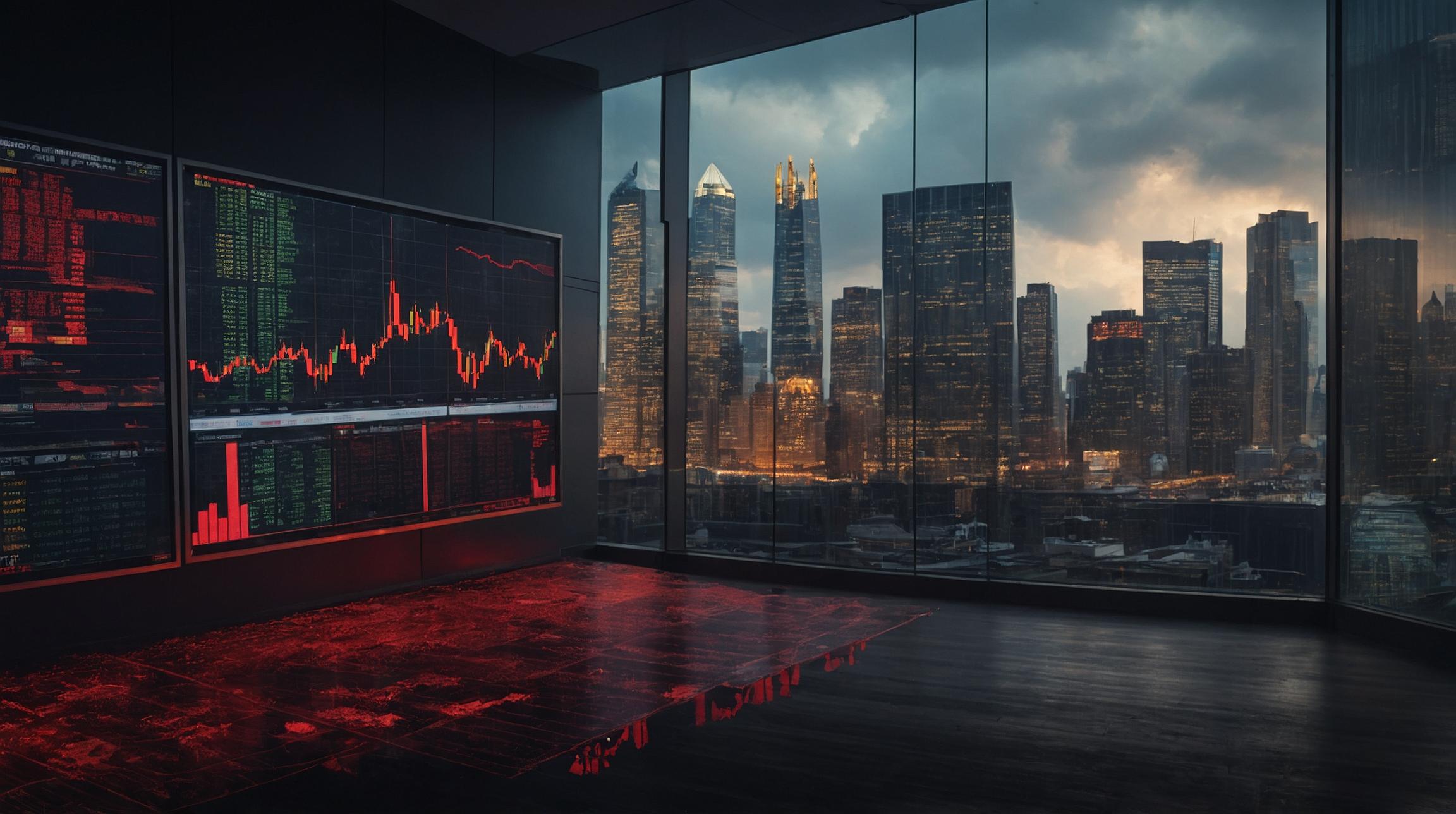Delaware Court Orders Tesla to Rescind Elon Musk’s $56 Billion Pay Package
In a significant blow to Tesla and its CEO Elon Musk, a Delaware court has ruled that the electric car company must rescind Musk’s staggering $56 billion pay package. Two weeks have passed since the ruling, and Tesla’s board remains silent on what this decision means for shareholders and what lies ahead for Musk.
Chancellor Kathaleen McCormick, in her 200-page opinion on January 30, deemed the pay plan the largest in public corporate history and criticized the fact that it was agreed upon by individuals “who were beholden to Musk.” The ruling followed Musk’s recent push for increased control over Tesla, with his desire to secure roughly 25% voting control and transform the company into a leader in artificial intelligence and robotics.
The next step in the compensation case is the formulation of an “implementing order,” which will involve discussions between the court, Musk’s legal team, and the lawyers representing shareholder Richard Tornetta. Tornetta, a former heavy metal drummer who filed a lawsuit on behalf of all Tesla investors in 2018, has been seeking answers regarding the impact of the ruling.
However, Tesla’s eight-person board, including Musk, his brother Kimbal, Chairwoman Robyn Denholm, and former Tesla technology chief JB Straubel, has chosen to remain silent, refraining from making any public comments.
Greg Varallo, lead counsel for Tornetta and head of the Delaware office of Bernstein Litowitz Berger & Grossmann, suggested that Musk and his legal team may consider a last-minute settlement. While Varallo is unaware of Musk’s plans, he predicts that Musk will likely appeal the decision to the Delaware state Supreme Court.
Kobi Kastiel, a law professor at Tel Aviv University, shares this opinion, stating that given the high stakes involved, an appeal from Tesla is expected. In the event of an unsuccessful appeal, any new compensation arrangement between Musk and Tesla will need to be reevaluated in light of Chancellor McCormick’s ruling.
Under the 2018 CEO compensation plan, Tesla’s board granted Musk a dozen tranches of stock options tied to various milestones, including stock price increases. Tesla’s shares soared nearly 500% between 2018 and 2022.
According to Eric Talley, a professor at Columbia Law School, if the ruling stands, Musk will lose his options but retain his previously held shares. This move could potentially decrease the number of outstanding shares, thereby boosting their value for investors. However, Talley highlights the concern that “Tesla has a grumpy CEO who might want to take his ball and go home,” suggesting that trading in Tesla’s shares has not shown a clear sentiment on the matter.
Since the Delaware court’s decision, Tesla’s shares have experienced a slight decline and are down approximately 25% for the year, while major indexes have seen an increase.
Musk has already expressed a strong preference for moving his businesses out of Delaware following the ruling. He has shifted the incorporation location of his brain computer interface company, Neuralink, from Delaware to Nevada. Moreover, he has been actively promoting Texas in recent years, relocating there from California and establishing large facilities for SpaceX and Tesla due to the state’s advantageous tax structure.
Tulane Law School professor Ann Lipton believes the Supreme Court should place great importance on the factual findings of the trial court.
For Tesla shareholders, it is crucial to demand accurate and detailed disclosure of the connections between controlling shareholders and directors, emphasizing the need for strong corporate governance, particularly in cases where a “superstar CEO” holds significant influence.
The court ruling may leave Tesla and Musk vulnerable to other lawsuits, necessitating an enhancement of Tesla’s board independence and the nomination of new independent directors without strong ties to Musk in order to mitigate this risk.
Analyst comment
Negative news.
As an analyst, the market may experience some uncertainty and volatility in the short term as investors await further clarification on the impact of the court ruling. Tesla’s shares may continue to face downward pressure and potential lawsuits could pose additional risks. The market will be closely watching for any settlement discussions or potential appeals by Musk. It is important for Tesla to demonstrate strong corporate governance and independence to regain investor confidence.













